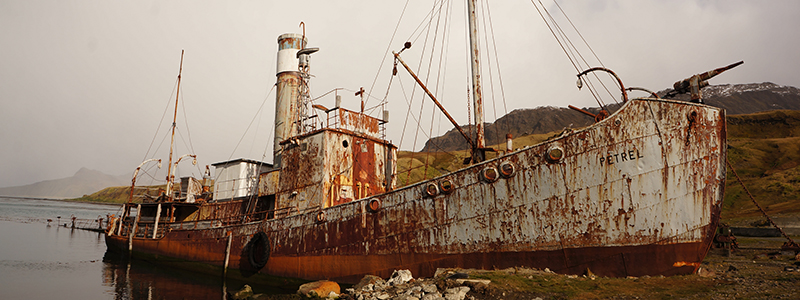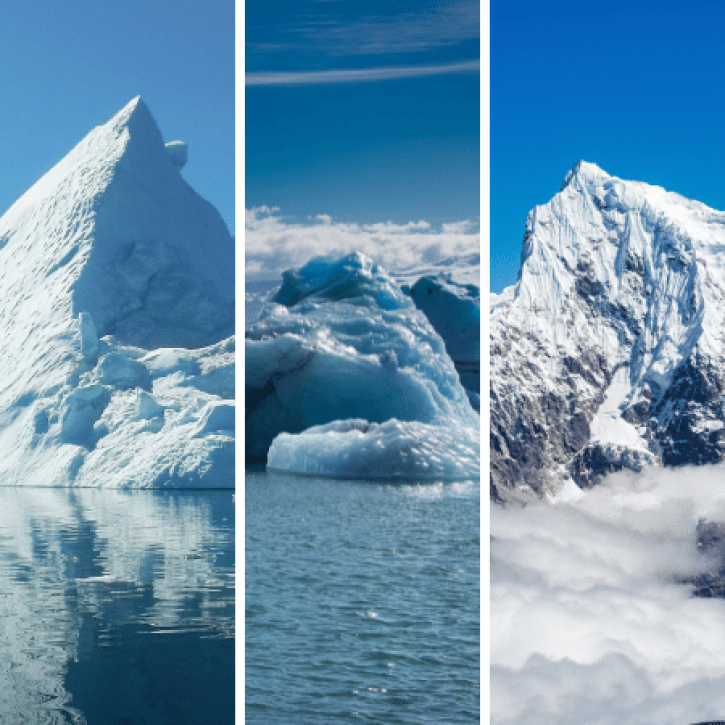

UPDATED - Uncovering Observations from a Whaling Wreck in Baffin Bay
LOCATION
University of Edinburgh
Drummond Street
Edinburgh
Midlothian
EH8 9XP
United Kingdom
This meeting has been cancelled and is hoped to be rescheduled for January or April 2021.
SPEAKER| Dr Matthew Ayre, University of Calgary
BIOGRAPHY| Dr Matthew Ayre is a historical climatologist at the Arctic Institute for North America. He specializes in the history and climate of the 19th century Arctic with a particular focus on the Arctic whaling trade. He completed his BSc in geography at the University of Sunderland where he went on to complete his PhD under the Leverhulme Trust funded ARCdoc project. Matthew spends as much time in the field as he does in the archives, conducting fieldwork seasonally in the Canadian Arctic and Yukon territory. He was elected a Fellow of the Royal Geographical Society in 2018 for the discovery of Nova Zembla.
ABSTRACT| At 10:20 pm on 18th September 1902 during a blinding snowstorm, the veteran Dundee Arctic whaler Nova Zembla struck a reef on a remote coastline high in the Canadian Arctic. Here she lay until historical climate research using the extant logbooks from this once industrious trade uncovered clues to the location of Nova Zembla's final resting place. This discovery, along with further historical investigation, has so far lead to two high Arctic expeditions(2018 and 2019) to search for and identify the wreck of Nova Zembla: the first Scottish whaling wreck to be discovered in the Canadian Arctic.
This meeting has been cancelled and is hoped to be rescheduled for January or April 2021.
SPEAKER| Dr Matthew Ayre, University of Calgary
BIOGRAPHY| Dr Matthew Ayre is a historical climatologist at the Arctic Institute for North America. He specializes in the history and climate of the 19th century Arctic with a particular focus on the Arctic whaling trade. He completed his BSc in geography at the University of Sunderland where he went on to complete his PhD under the Leverhulme Trust funded ARCdoc project. Matthew spends as much time in the field as he does in the archives, conducting fieldwork seasonally in the Canadian Arctic and Yukon territory. He was elected a Fellow of the Royal Geographical Society in 2018 for the discovery of Nova Zembla.
ABSTRACT| At 10:20 pm on 18th September 1902 during a blinding snowstorm, the veteran Dundee Arctic whaler Nova Zembla struck a reef on a remote coastline high in the Canadian Arctic. Here she lay until historical climate research using the extant logbooks from this once industrious trade uncovered clues to the location of Nova Zembla's final resting place. This discovery, along with further historical investigation, has so far lead to two high Arctic expeditions(2018 and 2019) to search for and identify the wreck of Nova Zembla: the first Scottish whaling wreck to be discovered in the Canadian Arctic.





